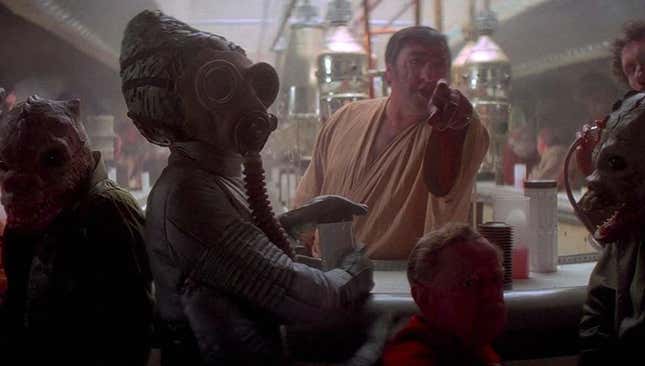
AI-generated artwork, an ethical and copyright nightmare that is pissing artists off the world over, is finding resistance everywhere from Newgrounds to Fur Affinity to, in this latest case, an anime convention that has described AI art as “counterfeit merchandise.”
Animé Los Angeles, which is being held at the Long Beach Convention Center in January 2023, issued a statement earlier today, “Regarding...recent discussions involving AI-generated art.”
The statement reads in full (emphasis mine):
Al-generated artwork and its place in the convention space (exhibit halls, artist alleys, etc.) has recently become a focal point in many online discussions. Our staff has been watching the discussion and has determined that based on the current nature of its implementation and lack of regard towards artists, we cannot in good faith let this kind of product exist in our space.
We at Animé Los Angeles do not condone or accept any form of Al-generated art piece being used within our promotional materials, nor sold in our Exhibit Hall or Artist Alley.
If any form of Al generated work being sold is determined to be as-such by our staff, it will be considered a form of counterfeit/bootleg merchandise and will be required to be removed.
In regards to our brand, we are very protective of the work that our contributing artists create and recognize the value they bring to our identity and convention space. Anything you see on our website, our promotional pieces, or our products is (and always will be) created by an artist that we have reached out to work directly with. Anything Al-generated is unofficial and not approved by Animé Los Angeles staff.
For the purposes of this policy, Animé Los Angeles considers any work that is created with an Al-program that uses sources the artist does not own or hold rights to, to be in violation. If, in the future, such a program is created that allows for only specific images the artist owns to be sourced from, it will be the artist’s responsibility to provide proof that the pieces were not created from stolen images.
We firmly stand by this position on the issue and will enforce it going forward while keeping an eye on the discussion from here on out.
While they’re leaving the door open just slightly for some highly theoretical, utopian version of AI art that is transparent and up-front about its training, for AI art as it stands today—a black hole of uncredited, undisclosed theft driven by economic and technical concerns with almost zero interest in art itself—that’s a big “No thank you” from the convention organisers.
Now that this show has drawn a line in the sand, and with the effects of AI art on the community and the industry becoming clearer, it’ll be interesting to see if other events follow in the months to come.